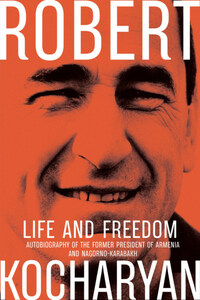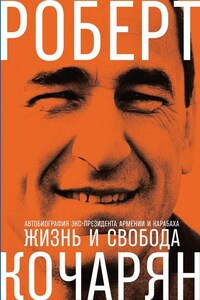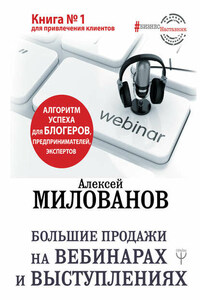Life and Freedom. The autobiography of the former president of Armenia and Nagorno-Karabakh

The book by the former president of Armenia and the unrecognized Nagorno-Karabakh Republic, Robert Kocharyan, sheds light on one of the most complex and controversial pages in the history of the Armenian people. As an organizer and participant of key events in Armenia and Karabakh, Kocharyan presents his account of this period.
The book contains previously unpublished information and once-classified documents, along with historical photos from his personal archives.
The Armenian-Azerbaijani conflict over Nagorno-Karabakh became one of the first precursors of the USSR’s demise. The weakening central power was evidently unable to cope with the economic challenges, while «perestroika» and «glasnost» were swiftly and dramatically undermining the nation’s system of governance. The authorities proved ineffective in proposing anything innovative, appealing, and capable of mobilizing society. The country, anchored in absolute centralization and held together by a uniform ideology, was rapidly losing its bearings. But despite all of this, the threat to the Soviet Union’s integrity became real and even inevitable only when cracks appeared along its most vulnerable fault line – the ethnic divide.
This book is about
• the collapse of the Soviet Union and its aftermath for the former national republics
• the most important matters in the newest history of Nagorno-Karabach and Armenia
• how small unrecognized country won the outnumbered opponent
• many attempts to solve the Karabach conflict
• how the personality of a leader influences the politics of the country
• how the years, spent at the top of the powers, reflect in the soul of a human.
During these turbulent times, I found myself at the epicenter of the Armenian-Azerbaijani conflict, emerging as one of the key figures. Whenever protest rallies, strikes, states of emergency, martial law, armed militias, ethnic clashes, confrontations with the military, or war took place in the Soviet Union, they first happened in or around Karabakh.
Книга издана в 2023 году.








